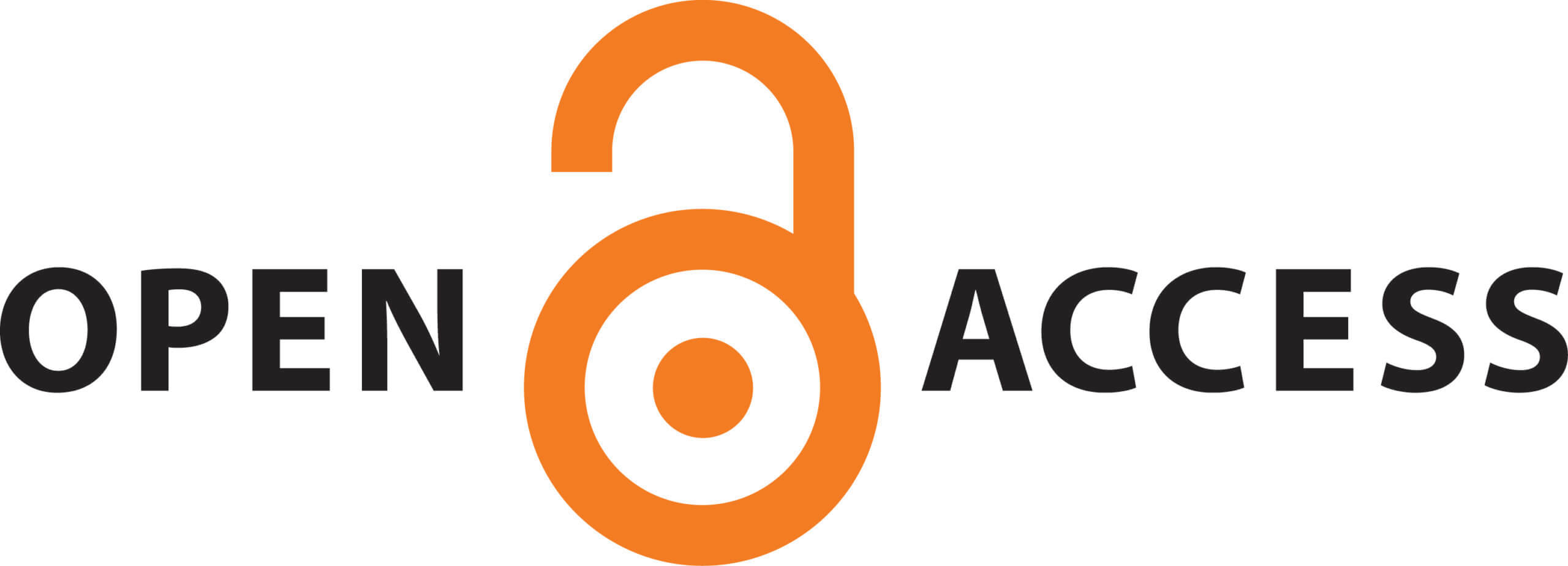Call for Papers - Vol, 2, Issue. 1, December 2024
- Open-Access Model
- Peer-Review System
- Zero Publication Charges
- Bi-Annual Issue Frequency
- ISSN:
- 3005-5571 (Online)
- 3005-5563 (Print)
Scope
UCP Journal of Science and Technology (UCP-JST) is a multidisciplinary, peer-reviewed, open-access journal devoted to publishing research in the field of science and technology, including biological, physical, and life sciences. The journal publishes research articles, review papers, and conference proceedings in the core areas of biochemistry, biotechnology, microbiology, health, and pharmaceutical sciences, zoology, mathematics, and physics. UCP-JST encourages interdisciplinary research engaging academia and industry to produce practical solutions to industrial challenges.
Peer Review Policy
The peer-review method for the UCP-JST is double-blind. Reviewers aren't given any information about the authors, including their identities or associations, and review reports are similarly sent to authors anonymously. The benefit of a double-blind peer-review approach is that it assures that submissions are evaluated solely on their quality and content. It allows reviewers to evaluate submissions objectively and determine whether the data is original, genuine, and significant.
In most cases, the submissions are peer-reviewed along with at least 2 specialists. They thoroughly evaluate the manuscript not only to see the quality of the content, and research but also to check the duplication of previous scientific papers in references. If the paper is recommended for consideration for publishing in assessment reports by the assessors, the editorial staff will make the final selection.
Conflict of Interest Policy
A conflict of interest can occur when there is a financial, commercial, legal, or professional relationship with other organizations, or with the people working who could influence research.
Full disclosure is required when you submit your paper to the UCP-JST. The editor will primarily use this information to inform his or her editorial decisions. They can publish such disclosures to assist readers in evaluating the article. Moreover, the editor may decide not to publish your article on the basis of any declared conflict. You can declare the conflict of interest on your cover letter or on the manuscript submission form in the journal’s online peer-review system.
If necessary, please describe any potential conflicts of interest in a cover letter. In addition, you should fully acknowledge all funding sources supporting the work.
Ethical policy
UCP-JST observes thorough ethical guidelines for distributing articles. Our Publication and Review policies are aligned with Committee on Publication Ethics (COPE) guidelines.
In order to ensure the research integrity of our publications, and by so doing to ensure that we achieve our aim of providing scholars with superior service, UCP-JST works closely with authors and editors to promote adherence to the core principles of publication ethics as articulated by the Committee on Publication Ethics (COPE). We encourage further exploration of COPE’s resources on the website (https://publicationethics.org/).
All manuscripts, archival materials, and supporting files (to include but not limited to interviews, images, data, infographics, audio and video, and facsimiles), whether submitted to a peer-reviewed publication (book series, journal, or major reference work) or a primary source online collection, are expected to conform to the standards of ethical behavior promulgated by COPE.
We encourage you to direct questions and concerns to info.ucp-jst@ucp.edu.pk. For a detailed discussion of and an abundance of resources to assist in handling specific cases of research misconduct and violations of publication ethics, please visit the COPE website.
Authors (s) are exclusively answerable for the creativity and unwavering quality of the exploration and should go along the guidelines.
Call for Papers - Vol, 2, Issue. 1, December 2024
